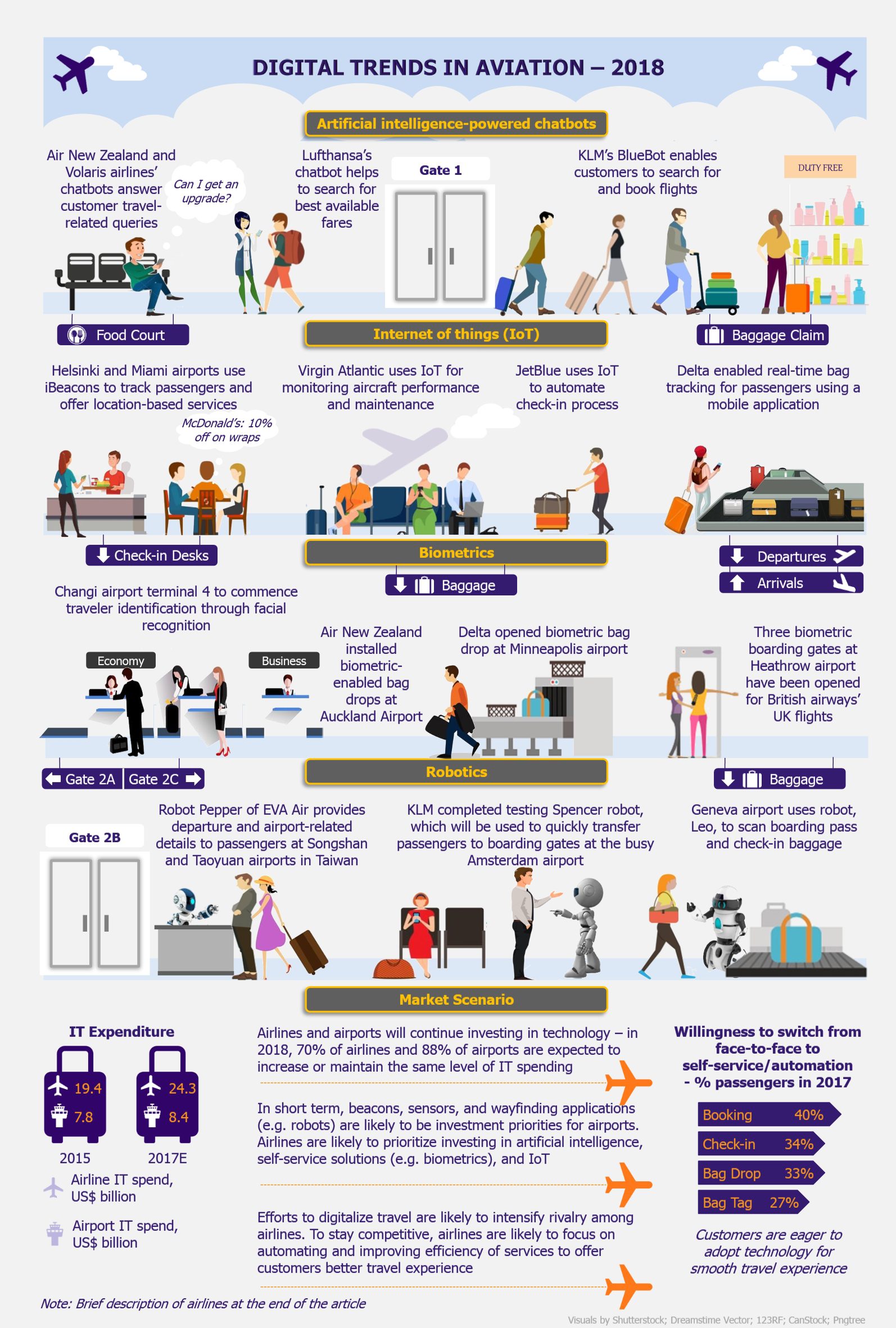335views
Over the years, Nigeria has become Africa’s epicenter of economic growth and hub for investments in the hospitality sector. Nigeria’s hospitality market is the most developed in Africa, however, it is far from mature and still has an immense development potential — it is this trait that is constantly enticing international hoteliers to establish their presence across Nigeria. Leading hotel brands are forging ahead with ambitious growth strategies to fill the supply gap. Consequently, Nigeria is speeding its way to become Africa’s powerhouse with an estimated US$1.1 billion revenue from the hotel business by 2018 — gearing up to increase the number of hotel rooms from 8,400 in 2013 to 24,000 in 2018.
Disposable income is rising across the middle and high income consumers in Nigeria, which has kindled the desire for luxury accommodation and fine dining experiences. This growing demand, along with the constant government support and investments in the sector are driving the hotel industry in Nigeria.
The country is endowed with several tourist attractions that encourage international tourism, however, many of these places are still untapped and Nigeria also lacks modern infrastructure. Consequently, the hospitality industry is driven mainly by business customers and inbound travelers.

The number of hotels is higher in Nigeria’s political capital – Abuja, and the country’s commercial center – Lagos. Besides the prime locations, hoteliers can focus on the secondary markets, which have potential due to a high demand for quality accommodation as well as a growing influx of business and leisure travelers.

Nigeria has several international hotel brands operating in the country while many others are devising strategies to enter the market. International hoteliers such as Fairmount, Marriott, Starwood, Sheraton, etc., have started expanding their businesses in Nigeria.


EOS Perspective
Undoubtedly, Nigeria has become an hoteliers’ hotspot for investment and the yearning for luxury hospitality services among Nigerians is bolstering the market. Also, the government is endeavoring to support the tourism industry — in 2014, Nigerian Tourism Development Corporation (NTDC), developed an identity campaign titled ‘Fascinating Nigeria’. A website was launched to showcase Nigeria’s attractions and cultural highlights. The website also provides a list of quality and luxury accommodations across Nigeria. NTDC is planning to set up tourism desks at airports to attract visitors by giving out cultural festival calendars, accommodation brochures, etc.
Besides such efforts, hotel chains can focus to build accommodations to attract corporate customers, as the Nigerian hospitality market is currently dominated by business travelers. Hotels providing space to hold conferences, conventions, events, and business meetings are likely to be preferred by these travelers. Also, corporate discounts and tie-ups with business houses — including various airlines, as crew members are mostly accommodated in luxury hotels — are expected to yield high returns for hoteliers. Apart from business travelers, luxury properties are preferred by local communities (middle to high income consumers) for social gatherings. Hence, efforts to improve fine dining, lounging, and other services may lure customers.
It is definitely time for Nigeria as several prominent international hotel brands are battling for a slice of opportunity to enter or expand business in the rapidly growing hospitality market. Let’s see how many of them will sustain and succeed in the race to build luxury empires in Nigeria.










